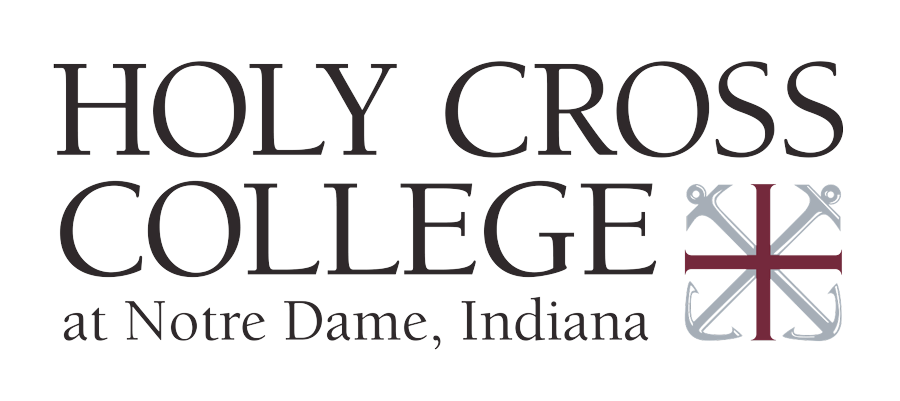Office: Vincent 127
E-mail: [email protected]
Education
PhD, Comparative Pathology (Integrative Pathobiology)
School of Medicine and Veterinary Medicine
Department of Radiation Oncology
University of California at Davis
BSc, Biological Sciences (Biomedical Emphasis)
College of Science
Department of Biology
University of Notre Dame
Courses Taught
BIOL 121-01 (3 credits) Biological Science (General Biology)
BIOL 125-01 (3 credits) Human Biology (Human Anatomy and Physiology)
BIOL 110L-01 (2 credits) Understanding Women’s Cancers Lab
BIOL 152L-01 (1 credit) Principles of Biology Lab
BIO 157L (1.5 credits) Foundations in Cellular Biology Lab
BIOL 230-01 (3 credits) Public Health
BIOL 308-01 (3 credits) Molecular Biology
BIOL 320-01 (3 credits) Cell Biology
BIO 328-01 (3 credits) General Physiology
BIO 328L-01 (3 credits) General Physiology Lab
BIO 340-01 (3 credits) Medical Terminology
CHEM 330-01 (3 credits) Biochemistry
Research Interests
They include understanding the molecular mechanisms of cancer growth, invasion, and metastasis and circadian clocks. To identify genetic factors that contribute specifically to ovarian cancer metastasis, colleagues at the Harper Cancer Research Institute of the University of Notre Dame generated human ovarian cancer cells from parental human ovarian cancer cells (OVCAR5), selected in vivo for intra-peritoneal (IP) metastatic potential (termed IP cells). Through next-generation RNA sequencing, we identified a cell adhesion gene, Amigo2, that is responsible for ovarian cancer metastasis in the IP cells and characterized these cells as well as the Amigo2 CRISPR-Cas9 knockout cells through adhesion, invasion, and in vivo tumor growth methods. The results of these experiments were recently published in Cancer Letters.
Another main goal is to understand the role of a core circadian clock gene, Period2, in adaptive radioprotection of mammalian cells. Also, circadian regulated molecular mechanisms that confer such radioprotection were dissected with colleagues at the University of California at Davis School of Medicine and the UC Davis Cancer Center. This work was recently published in iScience – Cell Press.
Publications
1. Alexandrou AT, Duan Y, Xu S, Fan M, Tepper C, Tang J, Berg J, Basheer W, Valicenti T, Wilson PF, Coleman MA, Vaughan AT, Fu L, Grdina DJ, Murley J, Wang A, Woloschak G, Li JJ. PERIOD2 regulates low-dose radioprotection via PER2/pGSK3b/b-Catenin/Per2 loop. iScience, Cell Press. 25(12):105546, 2022 (PMID: 36465103)
2. Liu Y, Yang J, Shi Z, Tan X, Jin N, O’Brien C, Ott C, Grisoli A, Lee EB, Volk K, Conroy M, Franz E, Bryant A, Campbell L, Crowley B, Grisoli S, Alexandrou AT, Li C, Harper EI, Asem M, Johnson J, Leonard A, Santanello K, Klein A, Wang Q, Zhang S, Hillard TS, Stack MS. In Vivo Selection of Highly Metastatic Human Ovarian Cancer Sublines Reveals Role for AMIGO2 in Intra-Peritoneal Metastatic Regulation. Cancer Letters. S0304-3825(21)00048-3, 2021 (PMID: 33524500)
3. Alexandrou AT, Tsimikas S. Elevated Lp(a) and Abdominal Aortic Aneurysm: An Intriguing Association That Needs Confirmation With Well-Designed Studies. Angiology. 68(2): 96-98, 2017 (PMID: 27207842).
4. Geng SQ, Alexandrou AT, Li JJ. Breast cancer stem cells: Multiple capacities in tumor metastasis. Cancer Letters. (1): 1-7, 2014 (PMID: 24727284).
5. Gao D, Changyou L, Xie X, Zhao P, Wei X, Sun W, Liu HC, Alexandrou AT, Jones J, Zhao R, Li JJ. Autologous tumor lysate-pulsed dendritic cell immunotherapy with cytokine-induced killer cells improves survival in gastric and colorectal cancer patients. PLoS One. 9(4): 1-9, 2014 (PMID: 24699863).
6. Alexandrou, AT, Li JJ. Cell cycle regulators guide mitochondria activity in radiation-induced adaptive response. Antioxid. Redox Signal. 20(9):1463-80, 2014 (PMID: 24180340).



